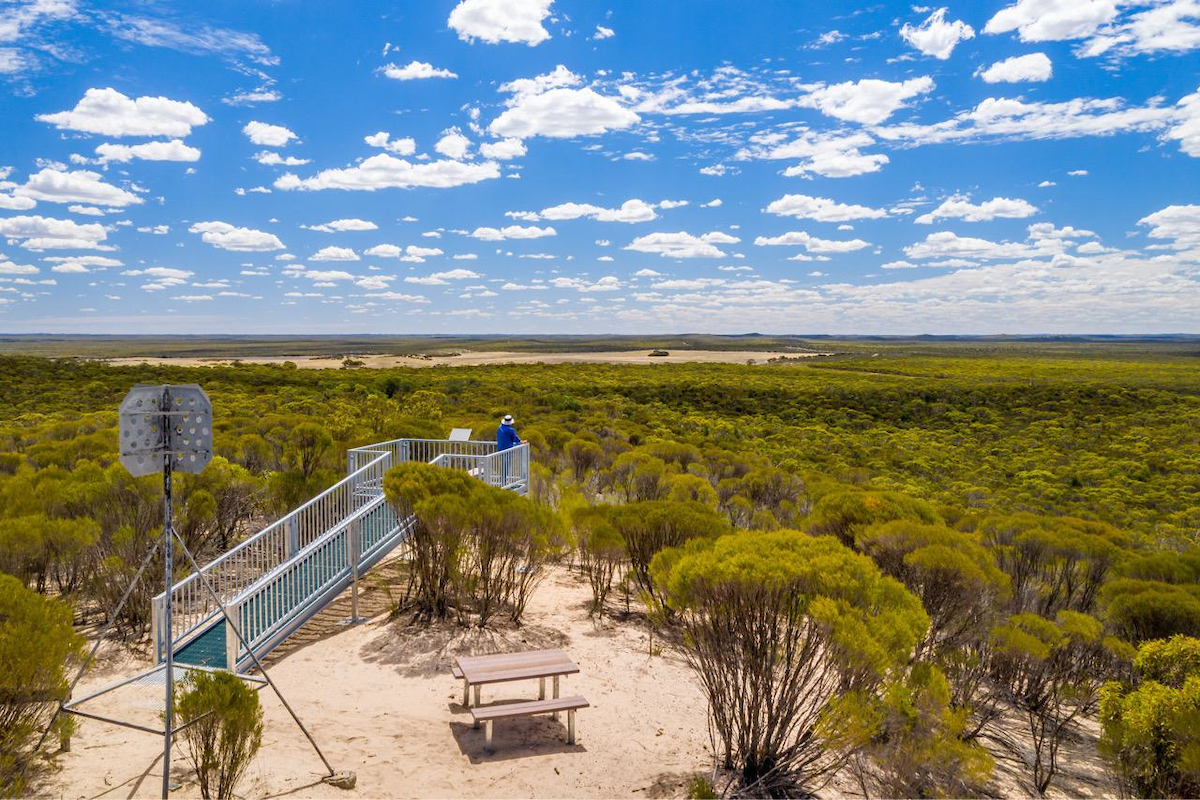
As the weather warms up this summer, take extra care with campfires. Always bring a bucket and put your campfire out with water. If the ashes are cool to touch – it's safe to leave.
It’s a good idea to pack extra water as some campsites may not have access to water. Never leave a campfire unattended.
Victoria is one of the most fire prone areas in the world and it can only take one stray ember to cause a destructive fire. Unattended campfires are the cause of more than 10% of all bushfires in Victoria – the risk is real. Don’t let your campfire turn into a bushfire.
Campfire safety tips for the summer
- Plan ahead and check local weather conditions by downloading the Bureau of Meteorology (BOM) app or checking the BOM website for the latest weather information.
- Download the VicEmergency app or check the Vic Emergency website for the latest advice and warnings.
- Before lighting a fire, check if it a Day of Total Fire Ban. You can do this by visiting the Vic Emergency website or checking the VicEmergency app or by calling the VicEmergency Hotline on 1800 226 226.
- Only light campfires and barbecues in the fireplaces provided.
- Never leave a fire unattended. Campfires must be attended by an adult at all times.
- If you find an unattended campfire call 136 186. If you are deaf, or have a hearing impairment or speech impairment, contact us through the National Relay Service on 133 677 or visit www.relayservice.gov.au.
- If you need assistance, please contact Translating and Interpreting Service (TIS) for help with translating and interpreting. Contact TIS National on 131 450 (within Australia) or visit www.tisnational.gov.au.
- To report a bushfire contact 000. Visit the Conservation Regulator website for more information and campfire safety rules.
First time camper’s checklist
- A bucket
- Water for drinking and extra to put out your campfires
- Waterproof tent
- Tarp for under the tent and above the tent for shade
- Star pickets or pegs for securing the tarp
- Mallet
- Sleeping mat or mattress
- Bedding (sleeping bags, doonas, sheets, pillows)
- Trowel or small shovel to dig a toileting hole
- Esky and ice
- Lighter/matches and firewood
- Camping stove and spare gas cannisters
- Camping table and chairs
- Rechargeable lights and torches (head torches are useful for night cooking)
- Maps of the area
- Battery operated transistor radio
- Cooking supplies (utensils, plates, cups, plastic glasses, cutlery, pots, pans, chopping board, sustainable washing up liquid, cloths, tea towels)
- Food/ drinks and staples such as Salt & Pepper, cooking oils, sauces and spices
- Water bottle
- Sunscreen and swimmers
- Insect repellant/ citronella coils
- Hat
- Spare trainers/flip flops and hiking boots
- Clothing for all climates including wet weather gear
- Cardboard box or Plastic bags (to collect rubbish to take home)
- Toilet paper
- Maps
Choose your site carefully
Use the width of a car, a beach towel, a canoe oar or a tent pole as a guide to staying 1.5 metres from other camp or caravan sites.
Trees and limbs can fall without warning. Camp clear of trees.
Flash floods can hit watercourses. Camp at least 20 metres from a watercourse to stay safe.
Page last updated: 20/01/22